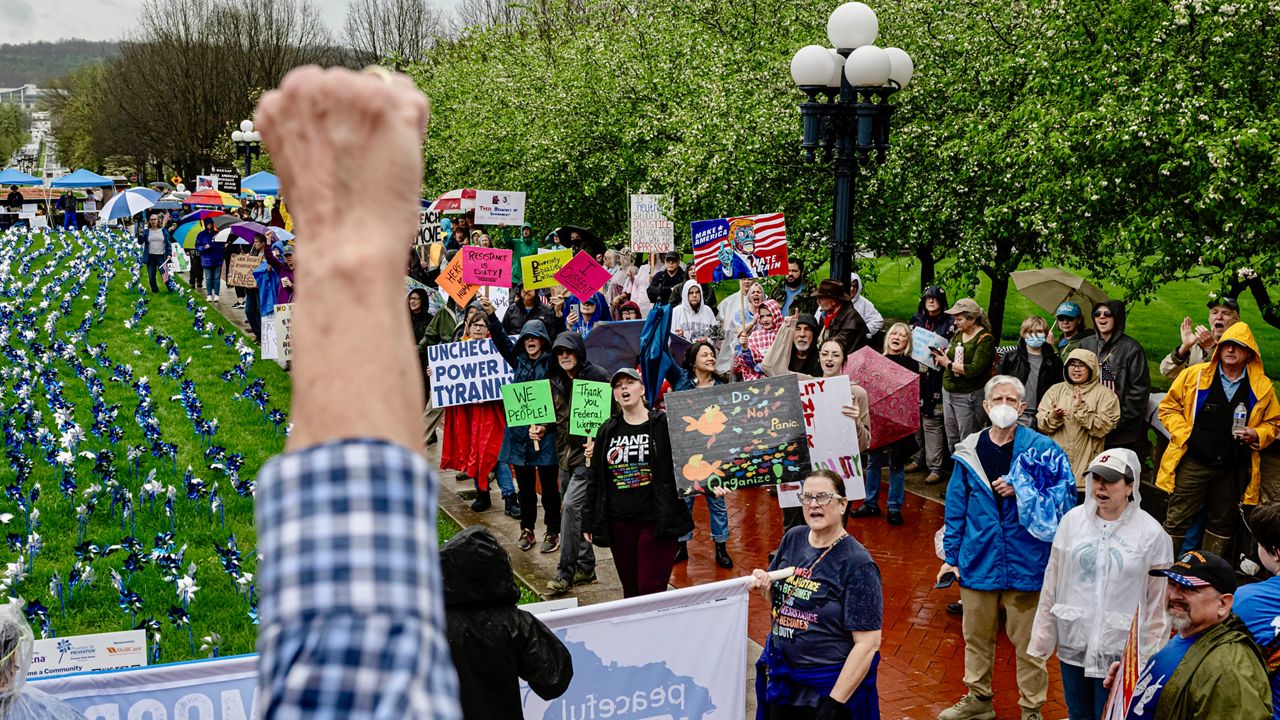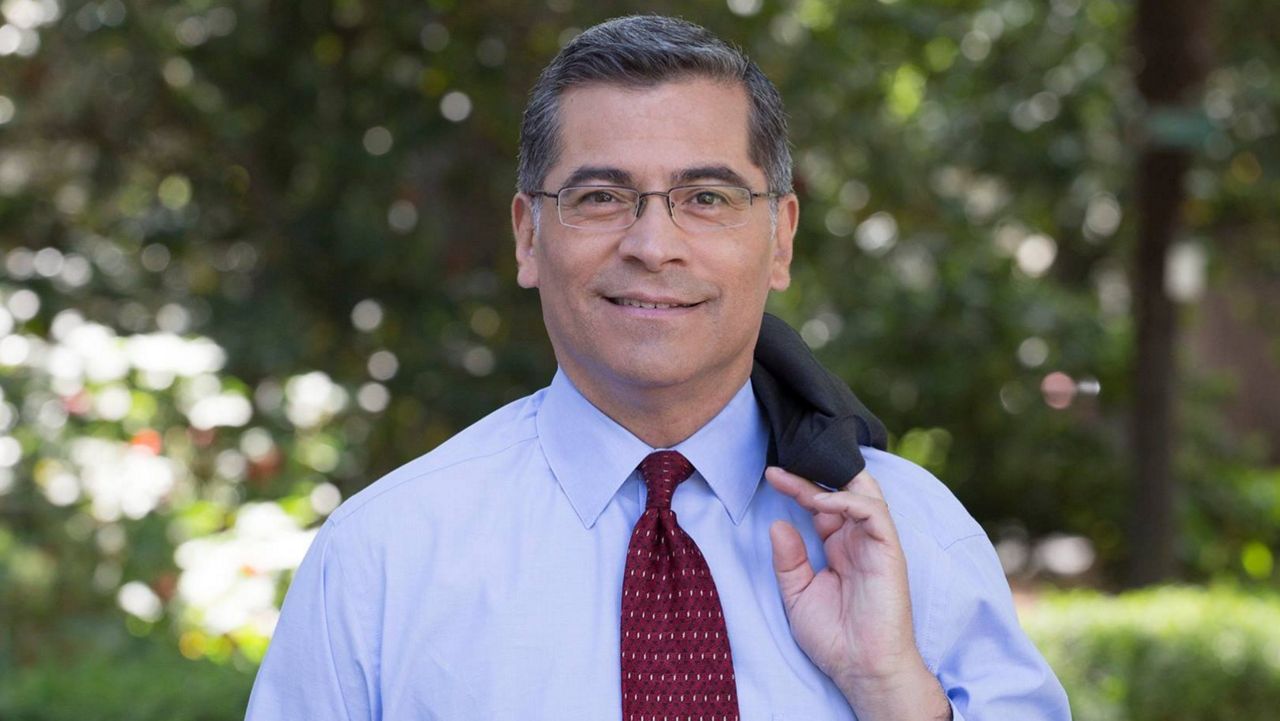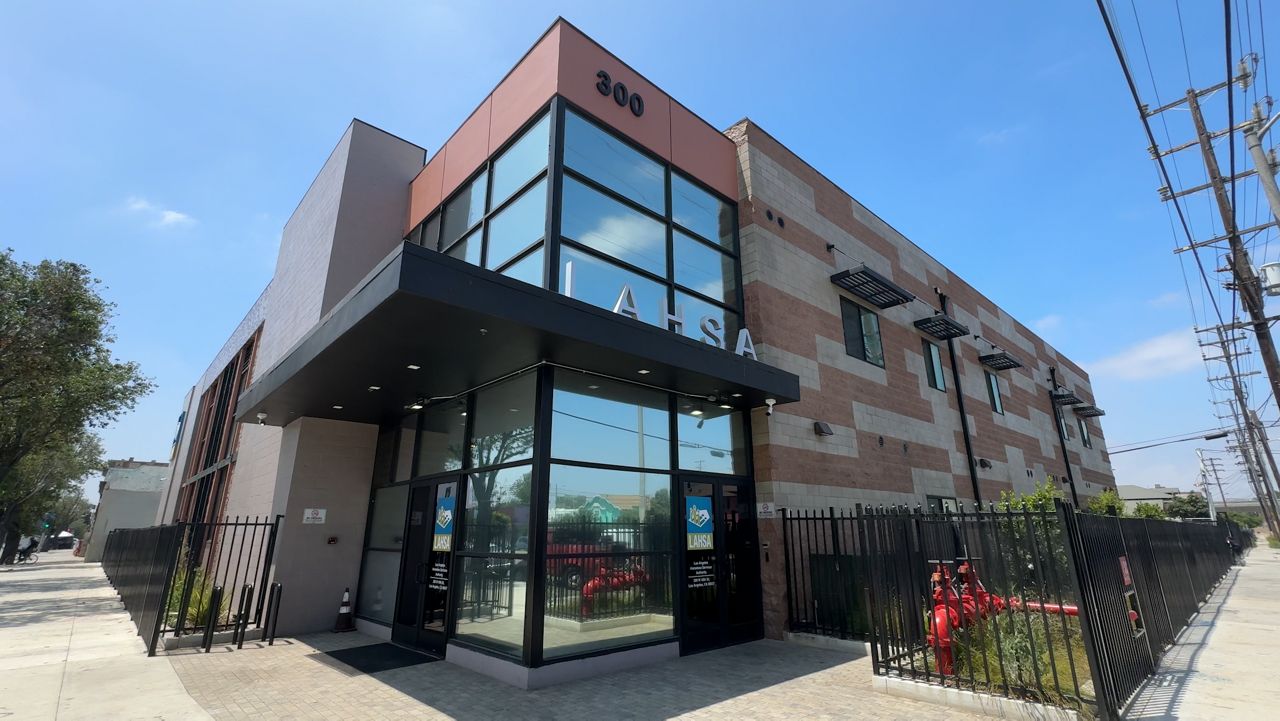LOS ANGELES — The City Council voted 14-0 Tuesday for a Right to Counsel Ordinance for renters, finalizing a two-year effort to provide tenants facing eviction proceedings with legal representation.
The ordinance requires approval by Mayor Karen Bass before it can be implemented -- a move that is expected.
City Councilman Curren Price was absent during the vote.
Tuesday's action follows a 2023 motion calling for such a program, introduced by council members Nithya Raman, Bob Blumenfield, Hugo Soto- Martinez, Heather Hutt, Eunisses Hernandez and Katy Yaroslavsky.
"I hope that with the passage of this ordinance, we can finally move forward on establishing a very important service here in the city of Los Angeles," Raman said Tuesday.
Raman, chair of the council's Housing and Homelessness Committee, noted that the ordinance was originally pursued by Blumenfield and former Councilman Paul Koretz about seven years ago.
In 2018, the council instructed staff to begin developing a right to counsel ordinance. Three years later, the city launched its Eviction Defense Program, offering eviction prevention services to residents impacted by the pandemic.
Much of these programs are now funded through Measure United to House LA, approved by voters in November 2022. That measure levies a 4% tax on property sales of more than $5 million and a 5.5% tax on sales of more than $10 million. As of February, ULA has raised a total of $632 million.
About 10% of ULA revenue generated each year funds legal representation. Funds generated by the tax also support the development of affordable housing and other tenant protections such as emergency rental assistance and anti-tenant harassment measures.
Under the right to counsel program, tenants facing eviction proceedings must live in the city of Los Angeles, earn at or below 80% of the area median income as determined by the U.S. Housing and Urban Development Department, and must not live in the same dwelling unit as their landlord.
According to the ordinance, tenants will have 30 days to request legal assistance after receiving an eviction notice or the initiation of covered proceedings.
Additionally, tenants who request aid in an unlawful detainer will be represented until the complaint is withdrawn, the case is dismissed, or a judgment in the case or any post-judgment motion has been ruled upon by a court.
The program also requires that landlords inform tenants about their rights and available resources. Information will be made available in multiple languages. Low-income renters will be able to acquire free attorneys, but it will be phased out over the next five to seven years. Tenants in high- vulnerable ZIP codes will receive priority in the short-term, according to officials.
Members of Strategic Actions for a Just Economy and other housing advocates rallied at City Hall on Tuesday morning in support of the city's right to counsel ordinance.
"There is no question the Tenant Right to Counsel Program Ordinance will keep more Angelenos housed," Cata Romo Paxcle, SAJE's senior director of Stay Housed LA, said in a statement. "Even if a renter is ultimately evicted, a lawyer can help negotiate settlements that ensure soft landings, like adequate time to find a new apartment, a waiver of back rent, a financial move out offer or a sealed record."
SAJE noted nearly 46,000 Angelenos a year receive eviction notices, which can exacerbate the housing and homelessness crisis. It also makes it harder for renters to report building, health and code violations.
Nicolas Lampros, a staff attorney with Bet Tzedek Legal Services, spent 3 1/2 years defending tenants in unlawful detainer proceedings as part of the Stay House LA program — a partnership between the city and county of Los Angeles, legal service providers and local community organizations.
"In my time working with tenants, I saw firsthand the massive difference having an attorney can make ... no one should have to fight for their housing on their own," Lampros said.
Shane Henson, a public policy advocate with Inner City Law Center, said that "having an attorney in eviction court makes a night-and-day difference in these tenant cases and their very lives."
The policy has received criticism from some landlords, including the Apartment Association of Greater Los Angeles.
Jesus Rojas, government affairs coordinator for the association, previously urged elected officials to reject the proposed ordinance, warning that the city would be using the "under-performing ULA tax" and other scarce resources to fund it.
"Rather than pursuing a program that will put money in the pockets of private attorneys to delay an already long eviction process, it would be far better to use these funds as direct rental assistance to low income renters and avoid evictions entirely," Rojas said.
He said that 96% of all evictions are for non-payment of rent. The average rent owed is less than $4,000, which would be far less than paying hours of an attorney's time at $250 per hour, Rojas added.
San Francisco, New York, Philadelphia and other cities have similar policies.
In 2017, when New York passed a right to counsel law, about 74% of tenants facing eviction were represented by a lawyer, and 84% of those represented in housing court as a result of the city's initiative were able to stay in their homes, according to the council members' motion.
San Francisco enacted right to counsel in 2018, leading to a 10% decline of eviction filings in just one year, officials said.
According to a 2019 report by Stout Risius Ross, the program could cost $34.6 million annually, but could help the city avoid costs of approximately $120.3 million.
The Los Angeles County Board of Supervisors approved a similar policy in 2024, expanding its Stay Housed LA Program to provide free legal representation to tenants in the unincorporated areas of the county.
Failure to comply with notice requirements can result in civil penalties of up to $800 per violation, criminal penalties of up to $800, and/or imprisonment in county jail for up to six months. Each day a violation continues is a separate and distinct offense, according to the Department of Consumer and Business Affairs.
County officials formally launched the program in March after a delay due to January's wildfires.
More information on Stay Housed LA can be found at https://www.stayhousedla.org/.











